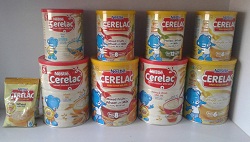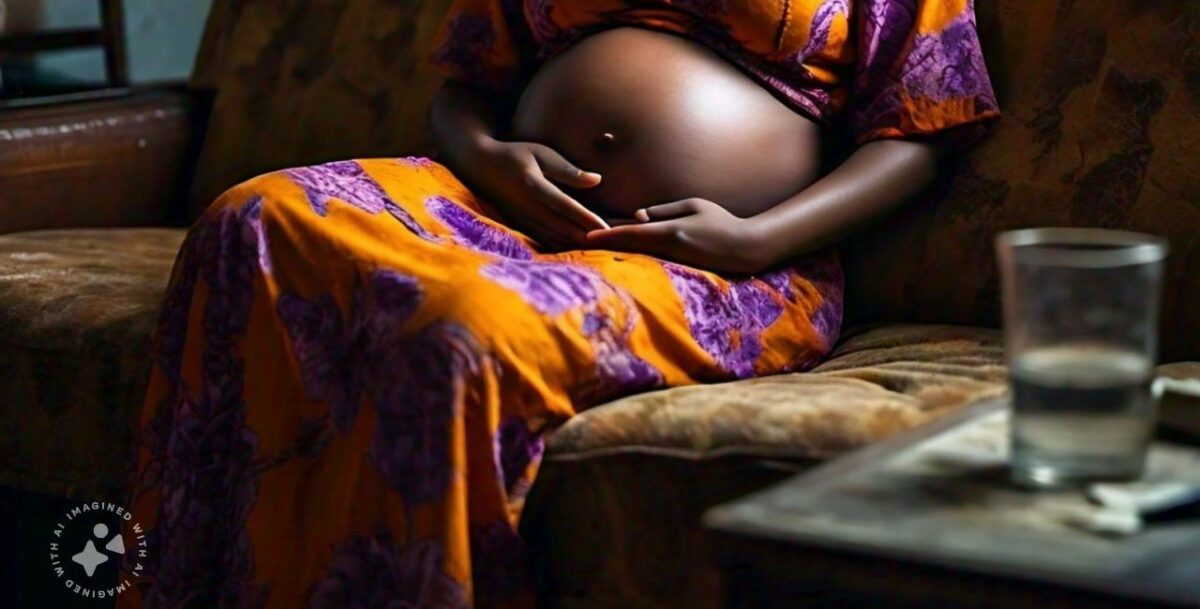Public Eye, a non-governmental organisation (NGO) in Switzerland, in collaboration with the International Baby Food Action Network (IBFAN), has revealed that Nestle violates international guidelines prohibiting the addition of sugar or sweeteners to food for children under the age of three in poor countries.
According to the NGO, Nestle adds sugar to baby food products sold in Nigeria and some countries in Africa, Latin America and Asia.
Nestle, which claims to be the world’s largest food and beverage company, adds sugar to baby food products sold in these countries while selling sugar-free baby food products in Switzerland and other European countries.
Some of the company’s baby food products sold in Nigeria are Cerelac, NAN and Nido.
Public Eye discovered this by examining 115 Nestle products sold in their main markets in Africa, Asia and Latin America. Out of the 115 products examined, no less than 108 of them contained sugar.
While examining Cerelac baby cereals for six-month-old babies sold in Nigeria, it was discovered that the product contained 6.8 grammes of sugar per serving, the second-highest after the ones sold in the Philippines, which contained 7.3 grammes per serving.
READ ALSO: SPOTTED: Nigeria Police Website for Reporting Cybercrime Is Unsafe
When some of Nestle’s food products for children between the ages of one and three sold in Germany, France and the UK were examined, no sugar was found in them.
Adding sugar to baby food products violates international guidelines aimed at preventing obesity. One such guideline is the World Health Organisation’s anti-obesity guideline for the European Union.
Guardian UK added that while there are no such guidelines in Nigeria and some other poorer countries affected, the WHO guideline for the European region remains relevant for other parts of the world, including Nigeria.
Nutrition experts also warn that sugar is unnecessary for children and should be avoided because of the risks it poses.
Rodrigo Vianna, an epidemiologist and professor at the Department of Nutrition, Federal University of Paraíba in Brazil, told Public Eye that it is concerning.
“Sugar should not be added to foods offered to babies and young children because it is unnecessary and highly addictive. Children get used to the sweet taste and start looking for more sugary foods, starting a negative cycle that increases the risk of nutrition-based disorders in adult life. These include obesity and other chronic non-communicable diseases, such as diabetes or high blood pressure,” she said.
The WHO has also been calling for a ban on added sugar in products for babies and young children under three since 2022.
Subscribe
Be the first to receive special investigative reports and features in your inbox.















